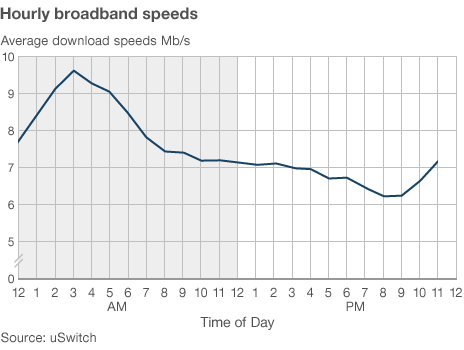Facebook to improve privacy controls over public visibility
Posted By Steve Porter on December 14, 2012
Social networking site to make settings easier to manage, giving users the ability to review every publicly available picture
After repeated criticism that Facebook was making it hard to keep information private, they have begun to make a dramatic change to their privacy controls. You can now find and review any publicly available picture of yourself on the site.
The change is the biggest overhaul to its privacy settings in more than a year, and will begin appearing to the site’s 1 billion registered users over the next few weeks. The most visible change will be “privacy shortcuts” which will show up as a tiny lock at the right-hand side of the screen, at the top of the “news feed”, with a menu offering answers to questions such as “Who can see my stuff?” and “Who can contact me?”
Another tool will let people review every publicly available picture on Facebook that includes them, with suggestions on how to ask for them to be removed. “If you spot things you don’t want on Facebook, now it’s even easier to ask the people who posted them to remove them,” the company said in a blogpost.
Users will also get more precise control when they first use most apps (though not games apps) of how much it can do – such as reading their profile and friends list, but stopping it from posting into their public feed.
Facebook has come under repeated fire from privacy advocates because it kept shifting the boundaries of where privacy ended and publicly visible data began, and made it hard to understand how to change those back.
Critics also said that Facebook made the changes intentionally to expose more data about people publicly so that it could benefit from selling adverts to them.
Facebook’s move, which it said is unconnected with a poll that ended at the weekend over users’ right to vote on changes in the service, is in effect an acknowledgement that its privacy settings had been hard to understand and control. This includes “rogue apps” which would post unwanted content into users’ feeds to try to pull in their friends.
Being able to remove embarrassing or unpleasant photos has become increasingly important for users of the nine-year-old service, many of whom first started using it while they were still at university in the US – but who are now discovering that their digital history has followed them around.
For many younger users now, Facebook has become a record of who they are – but also a source of potential disruption in their first work interviews or careers. Getting rid, or hiding, photos that might show them in compromising or unpleasant situations may be a high priority.









